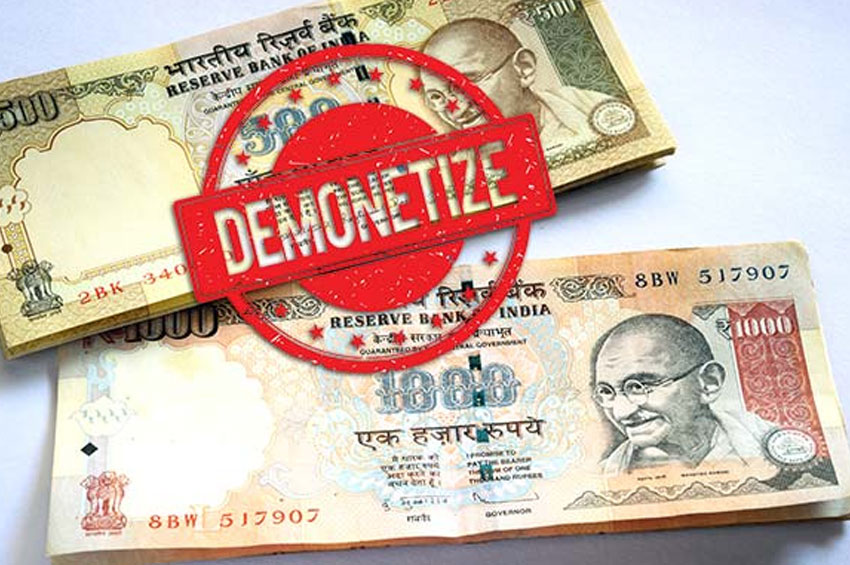Currency Demonetization Impact on Textile Sector

Reserve Bank of India (RBI) verdict of scrapping high value currency notes i.e. INR500 and INR1000 has received the mixed responses. Major impact has been seen on unorganized textile sector rather than organized textile sector. The decision is a setback for unorganized textile sector as it is dependent on domestic market for revenue generation.
Demonetization decision by RBI may streamline the transaction system and would result in transparent business transaction with overseas traders. The decision has increase the usage of electronic clearing system for making payments and may reduce the black money transactions significantly.
Some of the impacts that have been observed in the sector are:
- Restriction of withdrawals is impacting the weekly payment to contractual workers.
- Constraints on cash withdrawals is negatively influencing the procurement of new cotton, yarns and fabric in India.
- Few of the manufacturing units have stopped production.
- Synthetic textiles units have decided to work in two shifts as compared to round the clock operations.
- Procurement of cotton has become difficult as farmers are finding it difficult to bring their produce to the market.
- Transporting the cotton to mills has also become an issue.
- Domestic demand for yarn and fabrics has also been impacted due to the liquidity crunch.
- Severe blow to small time traders and shopkeepers has been observed, as 90 percent trade happens in cash.
Thus, during mid-November, cotton prices have been fluctuating between 38,000 to 40000 as compared to August i.e. ₹48,000-49,000 per candy. This is due to steep decline in market arrivals in the past few days. At the same time, during the harvest time, the daily market arrivals must be around 1.5-2 lakh bales but, now hardly around 30,000-40000 bales are coming into the market.
China and Bangladesh is major competitor of India in this sector so for next few days’ exports may slow down due to unavailability of currency in India. Yarn exporters and cotton yarn manufacturers will not purchase cotton from Indian markets.
This decision has a deflationary impact on small consumer business apparel garment cloth, ethnic wear products, textile job work, home textile furnishing product and on fiber and cotton raw material prices variation in economy market in India. However, this impact will be seen only for the next few months and textile market will be on track soon.






